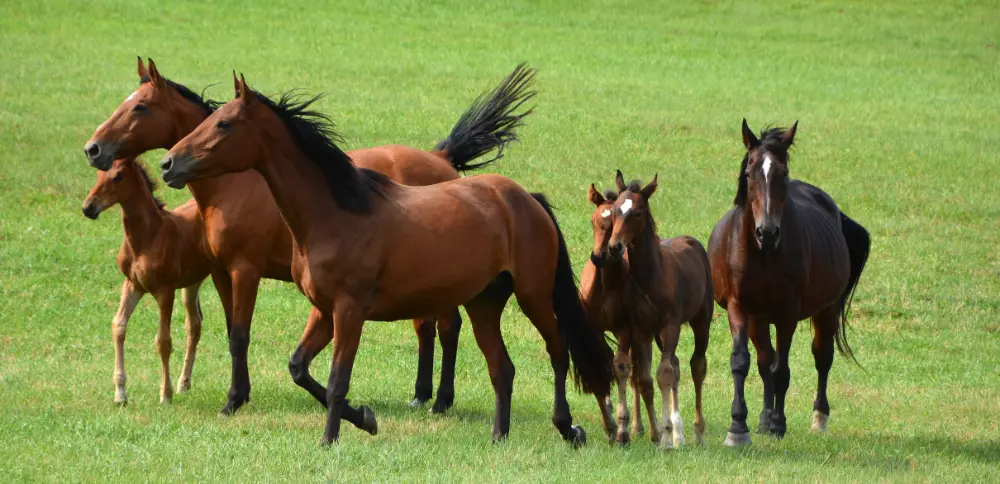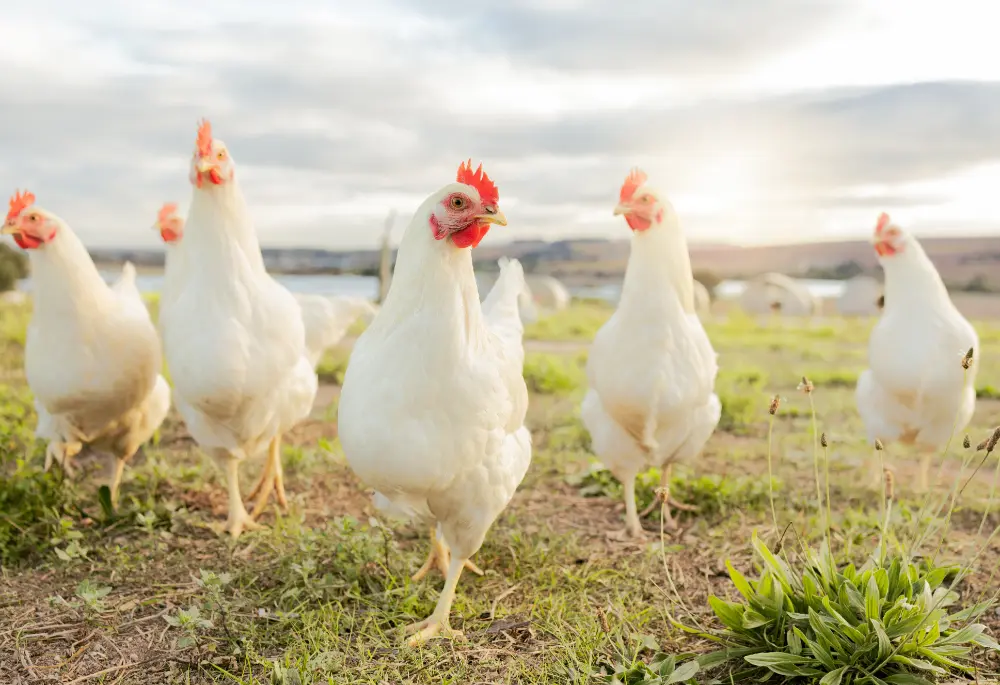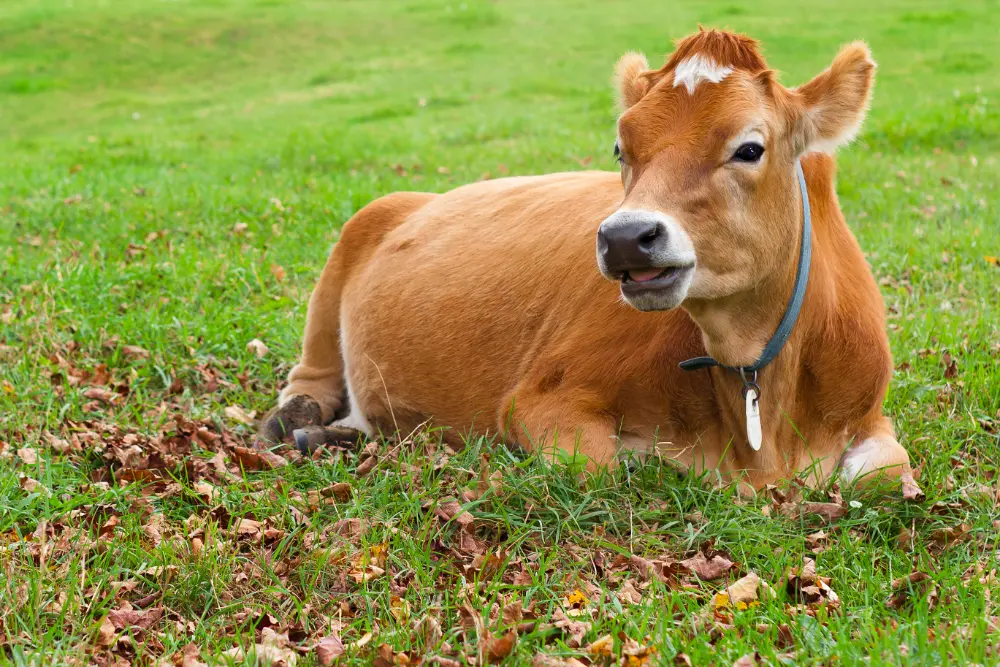Fly, Flea and Tick Prevention Part 2: Livestock and Farm Animals
Fly, Flea and Tick Prevention for Livestock and Farm Animals
Flies, fleas and ticks come into their own during the warmer weather. For owners of livestock and farm animals, they pose a significant health risk to everything from cattle and horses to goats and chickens. At best, these parasites can be a source of irritation and, at worst, carriers of deadly diseases. As experts in robust, effective fly, flea and tick prevention that will protect your livestock and livelihood, we’ve got your back.
Ticks are more than just a menace for cats and dogs: they can pose a significant threat to livestock, including cattle, horses, sheep, goats and pigs. Several species are a danger, including spinose ear ticks, the Gulf Coast tick, the Rocky Mountain wood tick, and the Asian longhorn tick. Get more information about them here.
Cattle ticks, which spread the often-fatal disease bovine babesiosis and bovine anaplasmosis, are among the most dangerous for livestock. Although eradicated in the broader US, cattle ticks can still be found in a quarantined area along the Texas/Mexico border. Get more information on what happens to livestock moving out of the quarantine here. It’s worth noting that while geese can be carriers of ticks, studies have found that chickens will eat them and can help control tick populations on farms.
Fleas, such as the sticktight species, are also a problem for livestock and farm animals, such as chickens, cattle, sheep and goats. A severe infestation can lead to anemia and even death in younger animals, while fleas can cause excessive itching and skin inflammation for horses, leading to sores and hair loss.
Flies, especially the housefly and the stable fly, are primary pests for livestock, including pasture cattle and poultry, and transmit diseases such as salmonella and E. coli. In addition to causing blood loss and irritation, mosquitoes can also pass on Eastern Equine Encephalomyelitis (also known as EEE) to horses and pigs.

Flies, ticks, and fleas can cause various health issues for horses, ranging from dermatitis to Eastern Equine Encephalitis (EEE).
Ensuring the safety of your livestock and farm animals can be overwhelming. For reliable fly, flea, and tick prevention, our solution has you covered.

Despite their ability to eat ticks, chickens are still at significant risk from flies and fleas.
For owners of livestock herds or working farms, fly, flea and tick prevention is an absolute must. That’s why we developed Curicyn BodyGuard spray. It’s an all-in-one product that offers robust protection against babesiosis, ehrlichiosis, Rocky Mountain spotted fever, and Lyme disease without relying on DEET, permethrin, antibiotics, or steroids.
The hypoallergenic, botanical, oil-based formula is effective and safe for all animal species. You can apply it directly to your animals, as well as to the yard, stable, or outbuilding where they are kept, knowing that it protects them from a variety of insect-borne diseases and halts the spread of bacteria. Additionally, you can rest assured that our non-toxic formula poses no risk to the person applying Bodyguard.

Keep your dairy cows and other livestock free from flies, fleas, and ticks with Curicyn BodyGuard spray.
Safeguard your livestock and farm animals with Curicyn BodyGuard spray for reliable protection and peace of mind during the warmer months.
